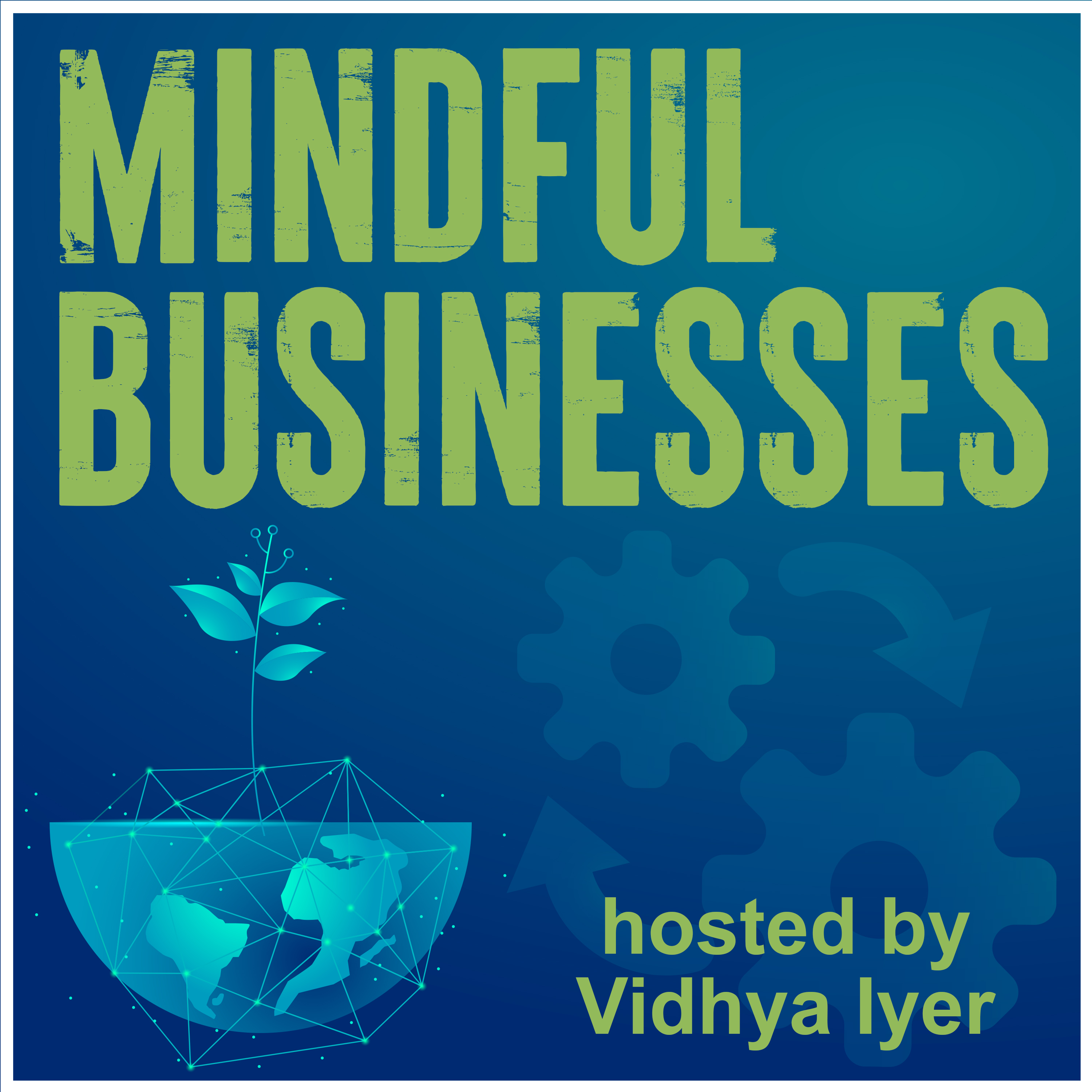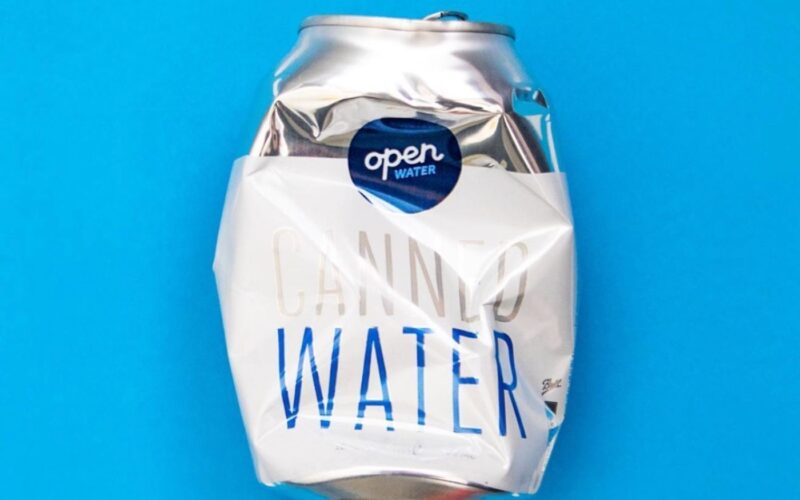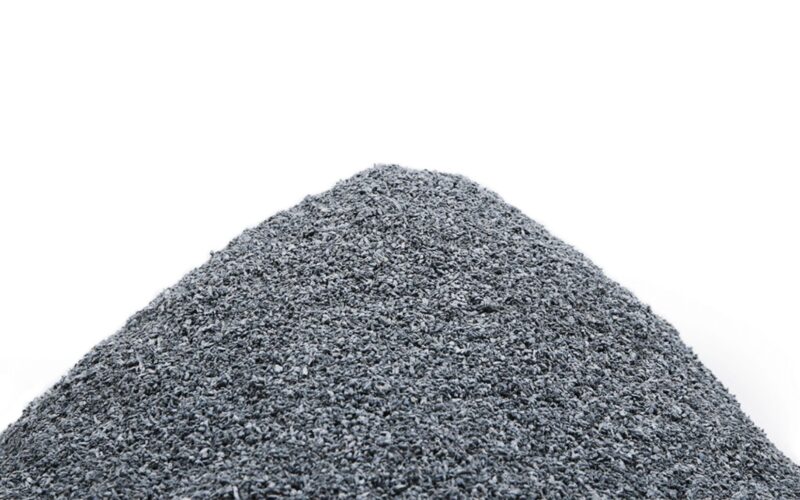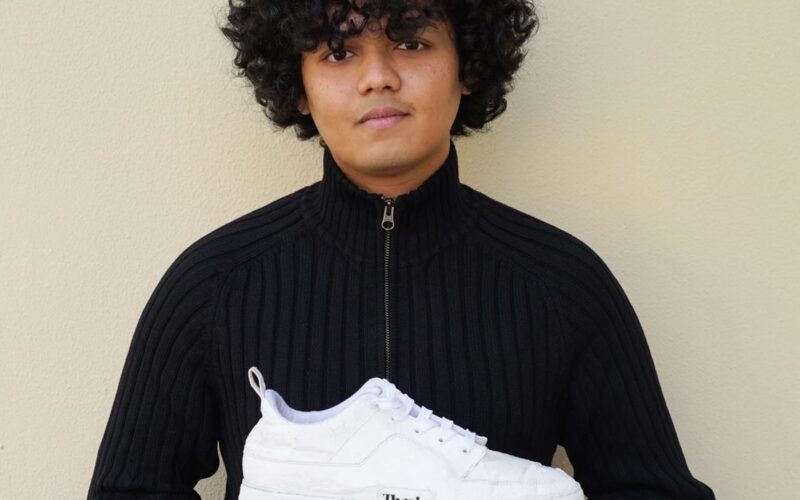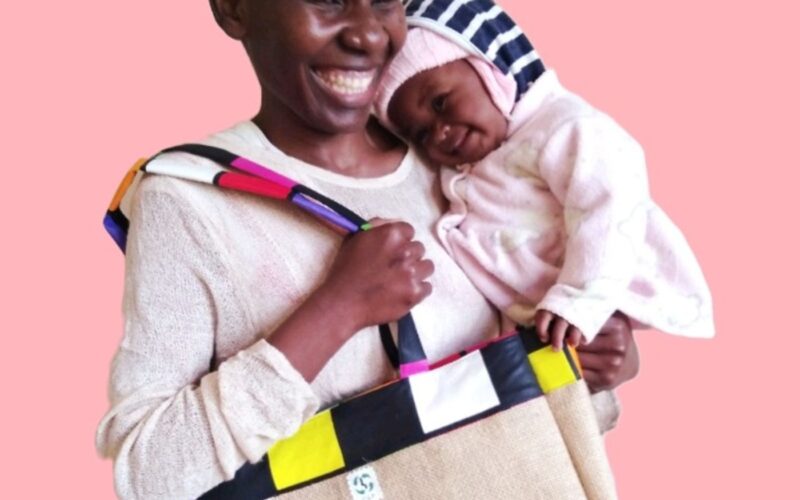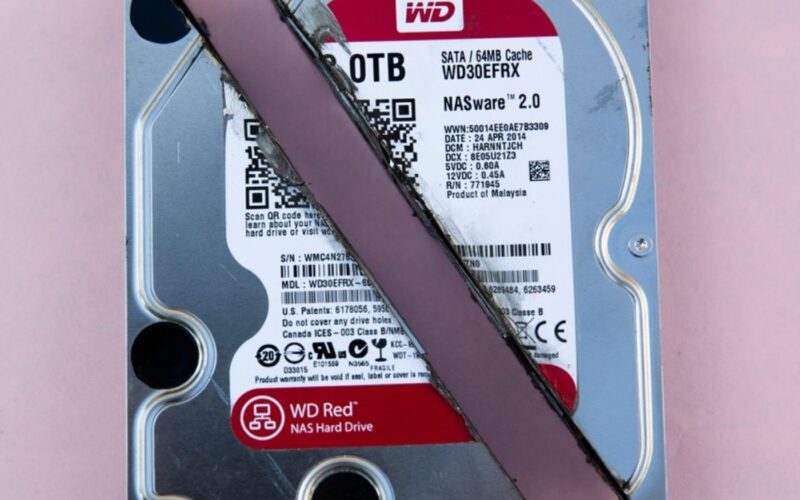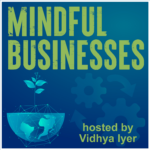8: Open Water – More Ocean Less Plastic
As we open our kitchen faucets and fill a glass with drinking water, we probably don’t realize that around 2 billion people globally do not have access to clean and safe drinking water. Clean and safe potable water is such a basic necessity but is still inaccessible to one-fourth of the population in the world. For them, bottled water is not a luxury but a necessity for a healthy and disease-free living. In the United States, municipalities are equipped with water treatment plants and the water is tested regularly, but old and often crumbling pipes tend to leech contaminants into the water. The tragic case of Flint, Michigan comes to mind. Our mindful guests Jess Page and Nicole Doucet, Co – founders of Open Water set out to offer a product to exactly this segment of the population. They explored a variety of options and came up with a rather elegant solution. Firstly, bottle the water close to their customers, reducing the carbon footprint of transportation. Secondly, using aluminum cans as against plastic bottles. Aluminum recycling rates far exceed the plastic recycling rates (around 65%) and do not lose their integrity – that means aluminum can be recycled infinitely. In fact, 50% of all aluminum used is post-consumer recycled. We asked our guests why aluminum is superior to even cartoned water, does water have a taste, and what was their journey and motivation to start this venture. To learn the answers these and other questions listen to the latest episode of Mindful Businesses.
#mindfulbusinessespodcast
#potablewater
#cleanwater
#recycledaluminum
#aluminum
#Water
#aluminumbottle
https://mindfulbusinessespodcast.com/
https://drinkopenwater.com/


